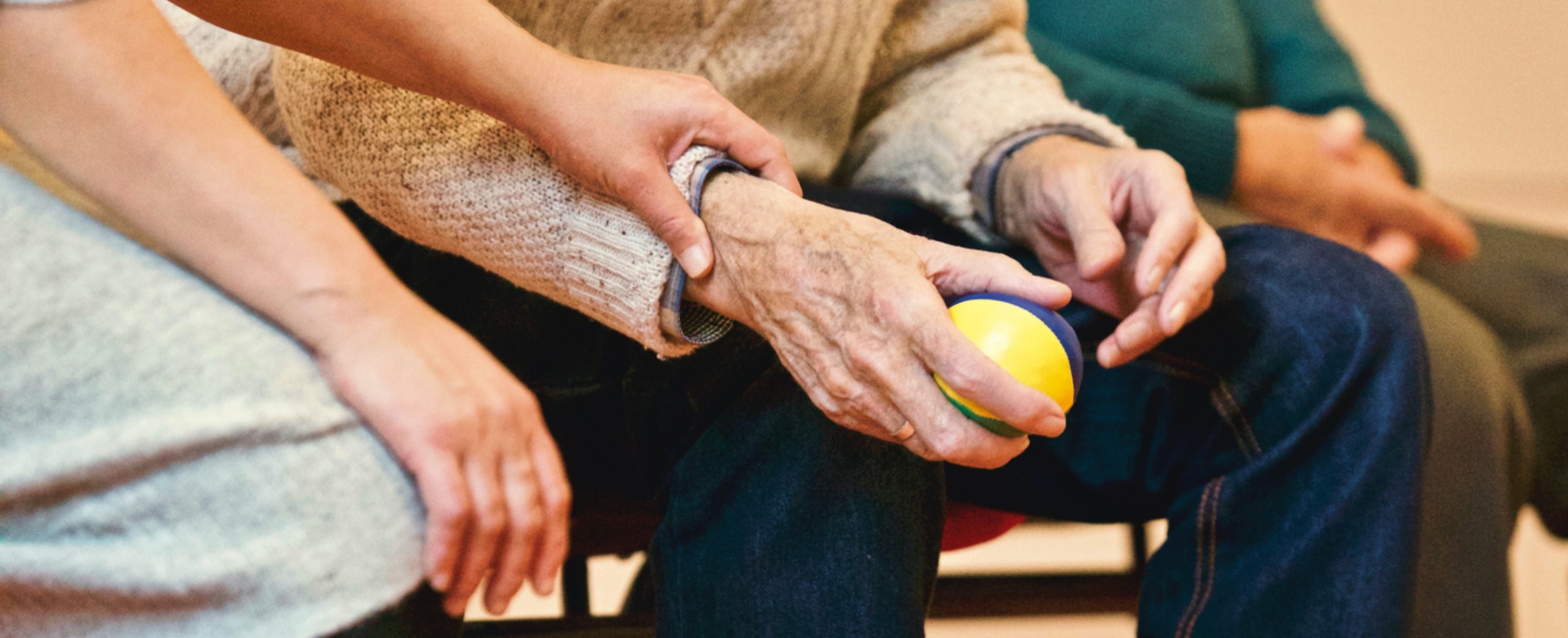MSU sociologists discover “loneliness gap” for older LGB Americans in midst of COVID-19 isolation
April 10, 2020 - Liz Schondelmayer
In the midst of the international trend towards social isolation in response to the COVID-19 pandemic, many people are finding themselves feeling lonely. For those already struggling with loneliness, this can be an especially trying time.
 Michigan State University sociologists Dr. Ning Hsieh and Dr. Hui Liu (pictured left) have identified a significant “loneliness gap” for older gay, lesbian, and bisexual adults, compared to their heterosexual counterparts. The findings came from analyzing a nationally-representative sample of older adults from the 2015-16 National Social Life, Health, and Aging Project.
Michigan State University sociologists Dr. Ning Hsieh and Dr. Hui Liu (pictured left) have identified a significant “loneliness gap” for older gay, lesbian, and bisexual adults, compared to their heterosexual counterparts. The findings came from analyzing a nationally-representative sample of older adults from the 2015-16 National Social Life, Health, and Aging Project.
The research attributes this loneliness to a lesser likelihood of having a romantic partner or close familial connections later in life.
Dr. Hsieh and Dr. Liu’s study defines loneliness as the subjective feeling of “perceived deficiencies in the quantity or quality of an individual’s social relationships.” While fleeting feelings of loneliness are practically universal, persistently feeling loneliness can be extremely harmful.
“Loneliness should be taken very seriously, as it can have many serious consequences,” says Dr. Hsieh. “Lonely people have higher risks of both mental and physical health problems, such as depression, cognitive decline and heart disease.”
There are many factors driving the “loneliness gap” for older LGB adults, including severed ties with family members, difficulty securing social and legal recognition of partnerships, and the loss of friends or significant others to HIV/AIDS. “All of these things added together equals more older LGB adults living completely alone,” explains Dr. Hsieh.
In the context of the COVID-19 pandemic, this loneliness can be further exacerbated, as many social interactions outside of the home have been severely limited. “For these adults already experiencing loneliness, social distancing will only make this worse,” says Dr. Hsieh.


